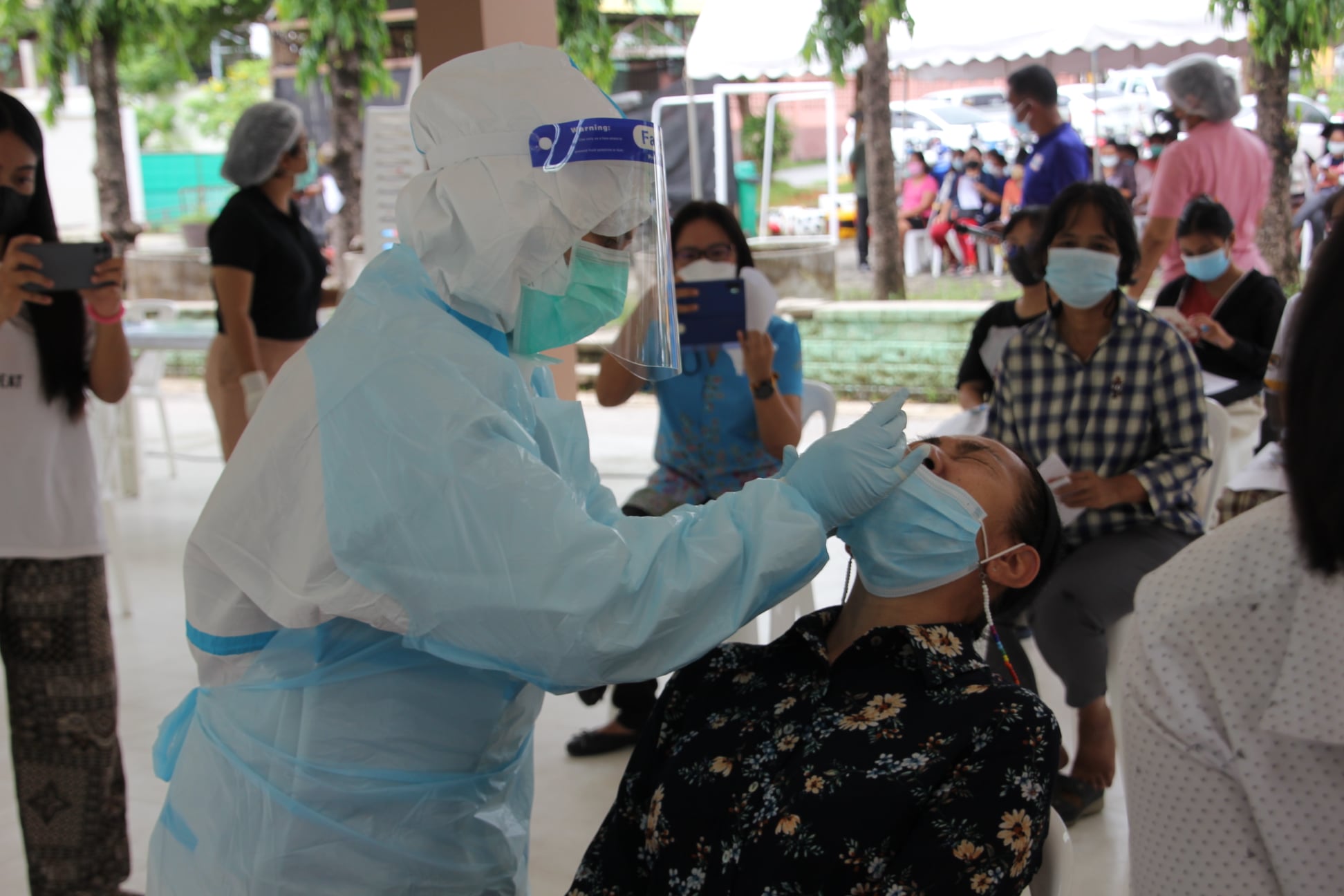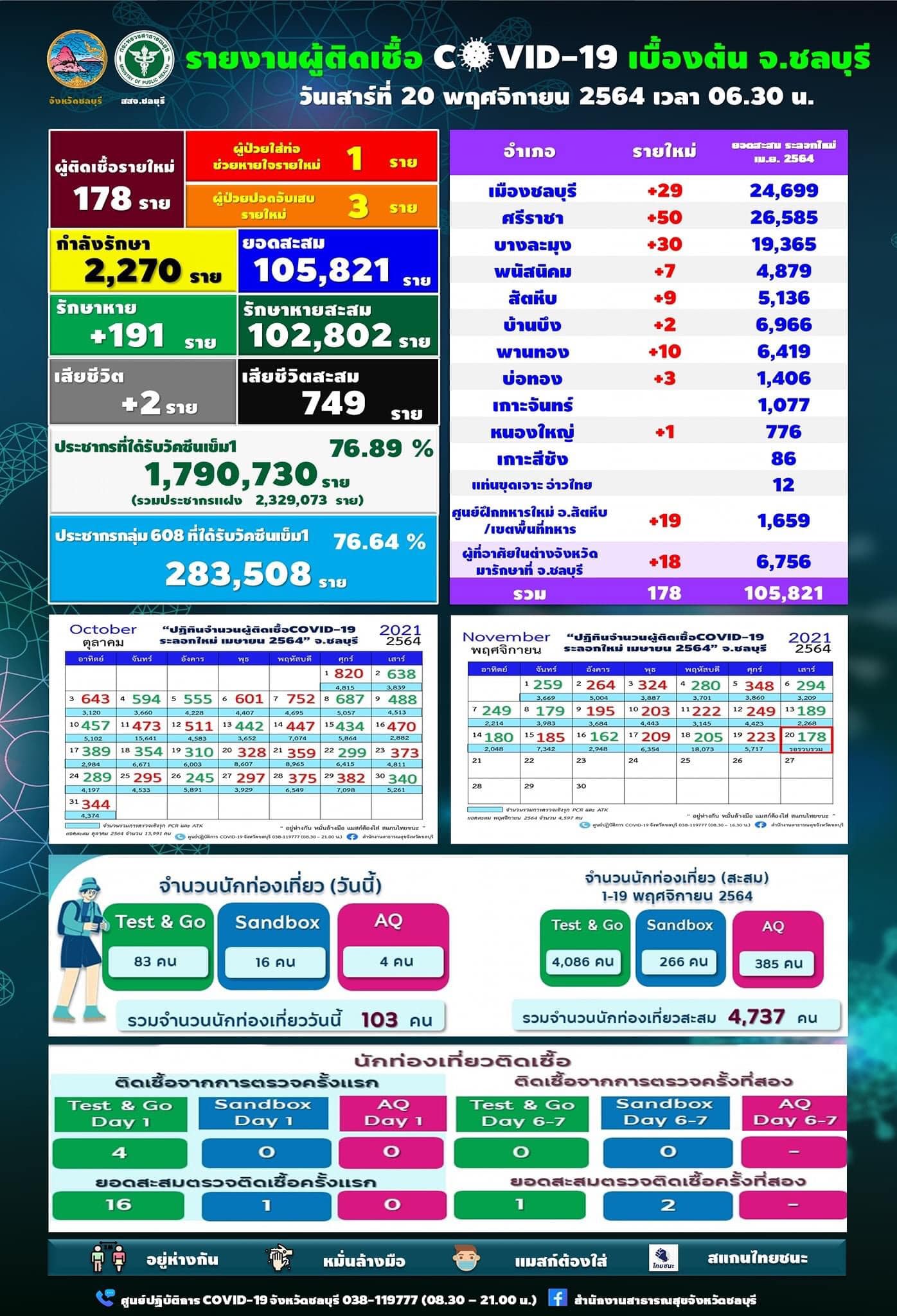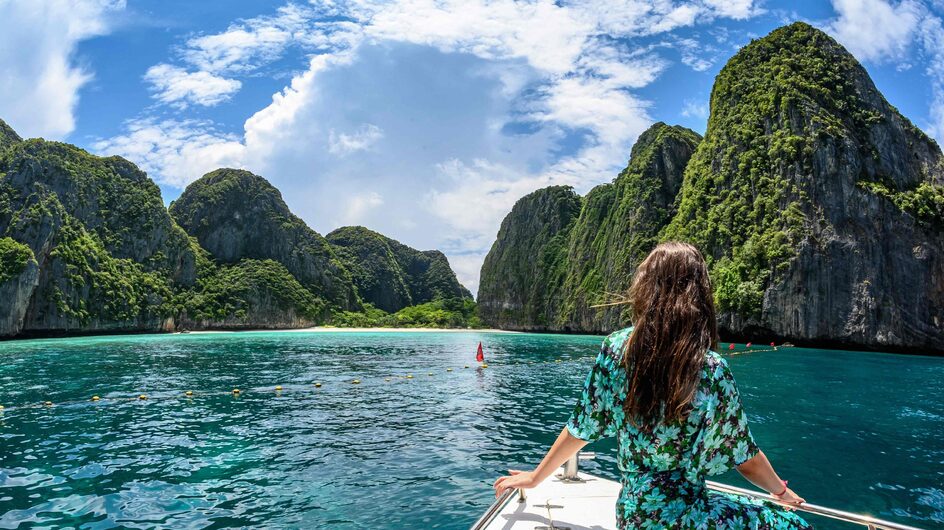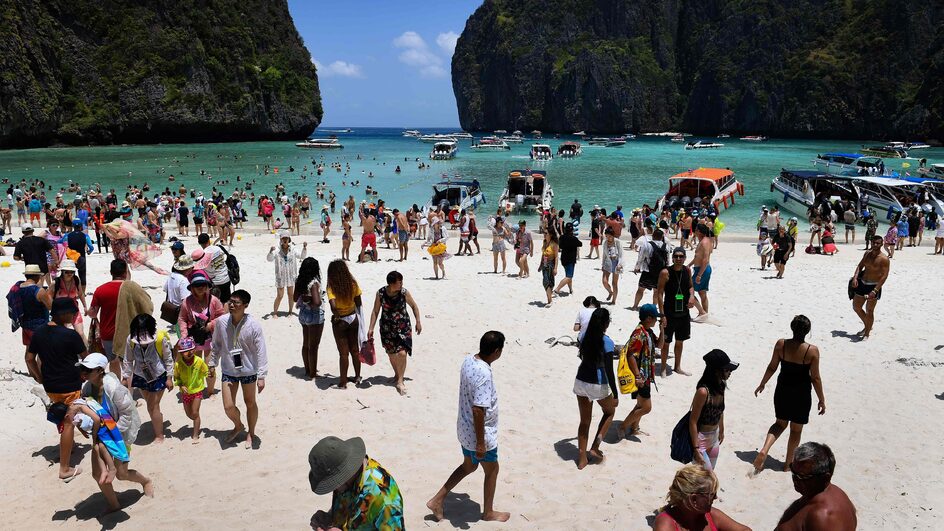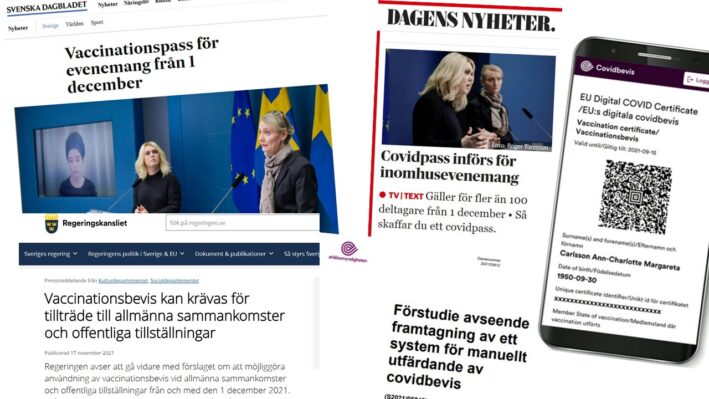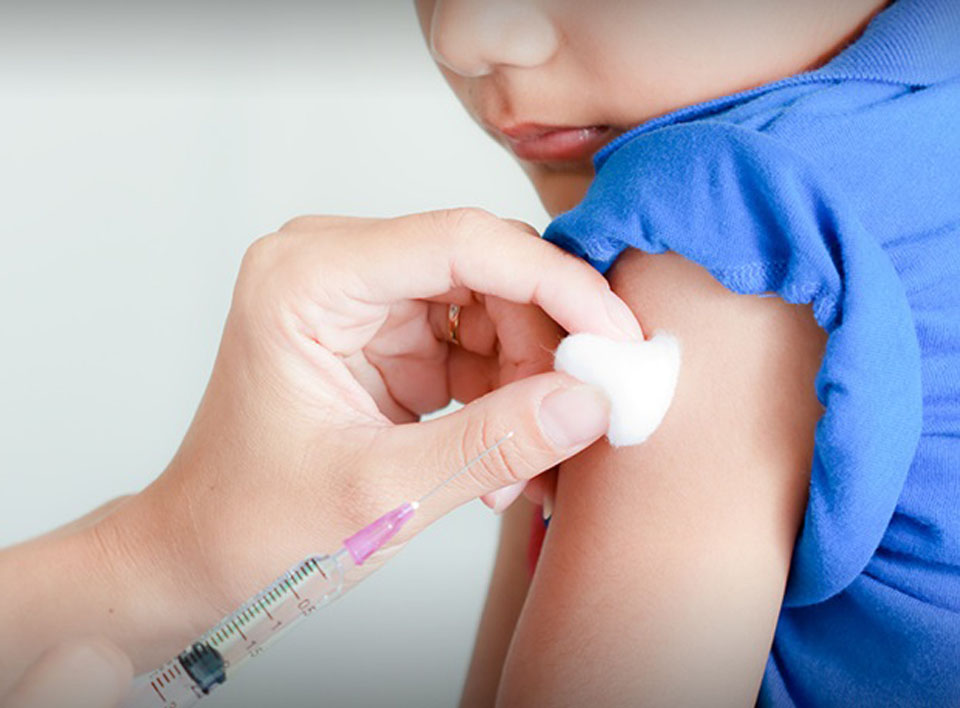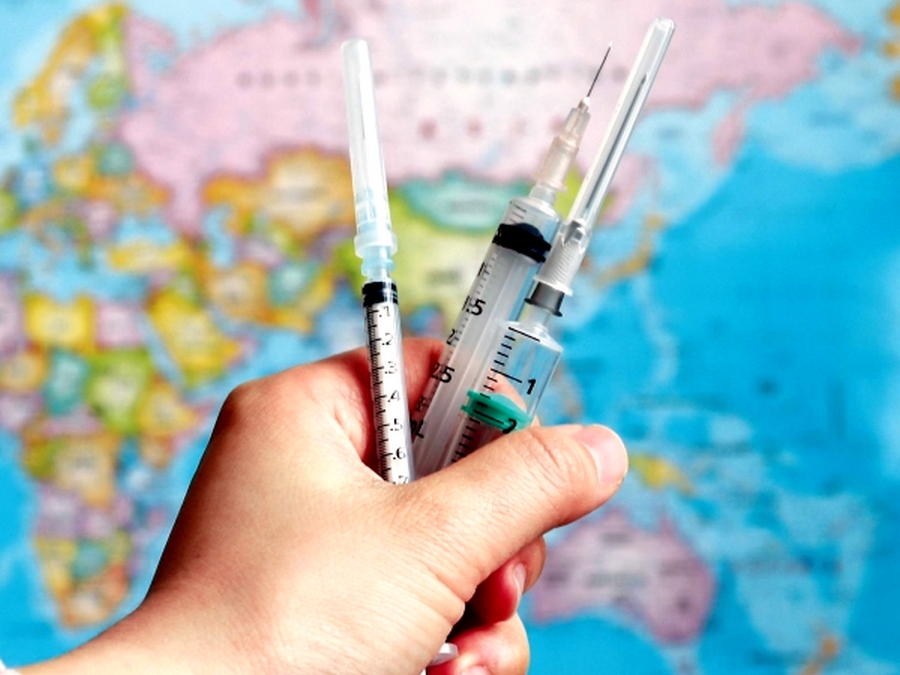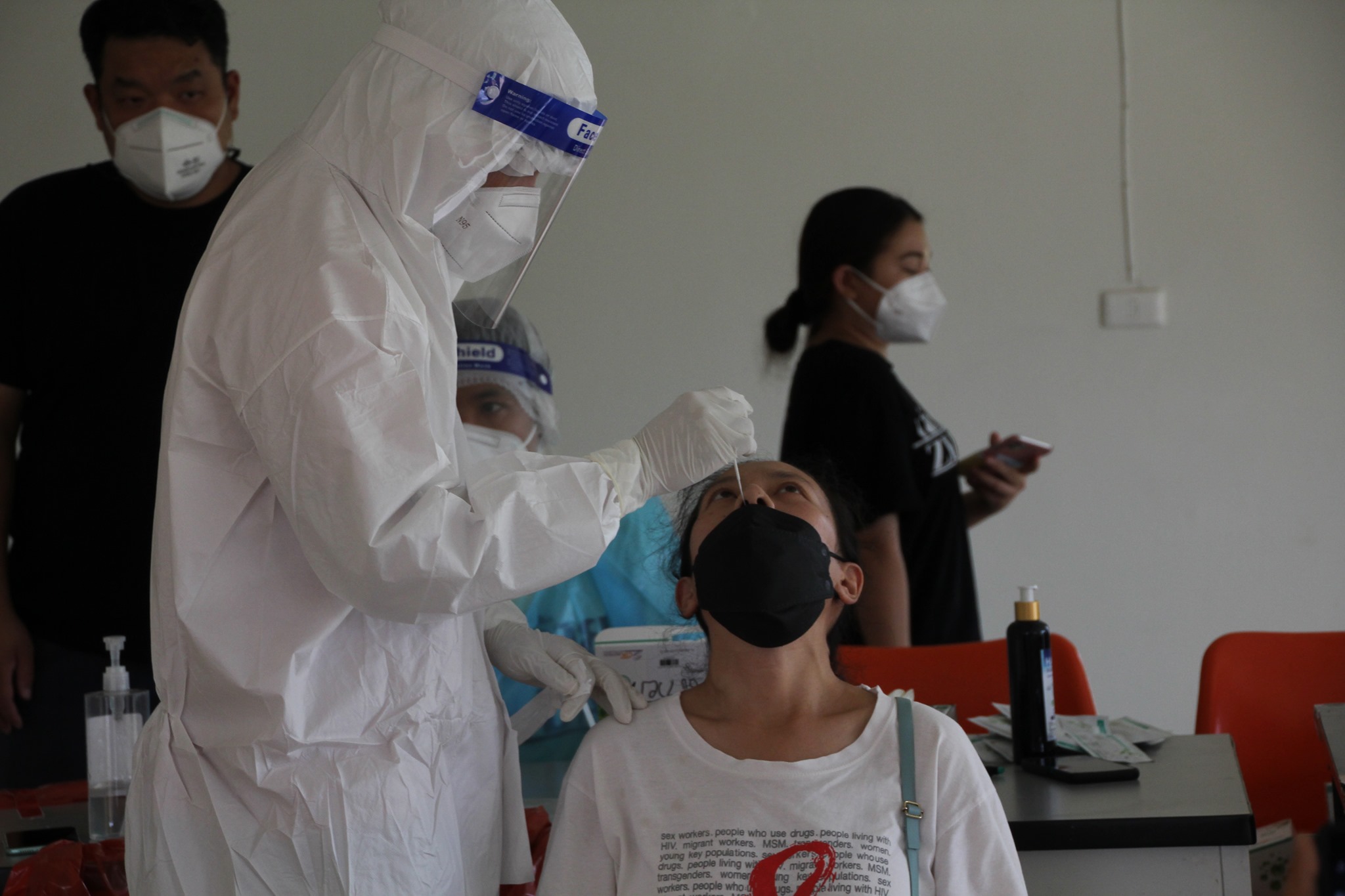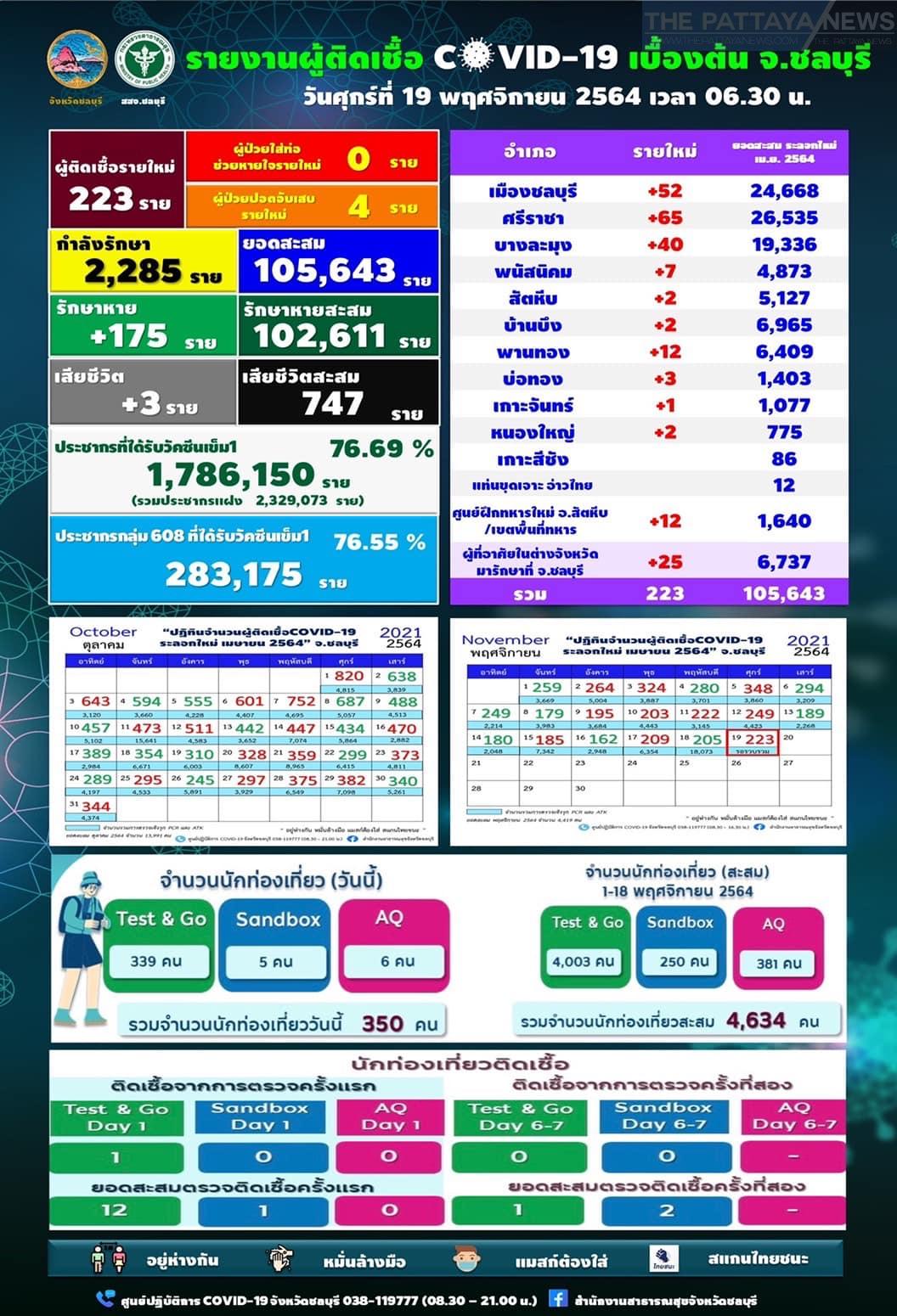CCSA to consider night venues' pleaThere is a small possibility that nightlife venues could be allowed to reopen before Jan 16, according to the chief of the Centre for Covid-10 Situation Administration (CCSA) operation centre.
Supoj Malaniyom, who is also chief of the National Security Council (NSC), was responding to growing calls from night entertainment businesses such as pubs, bars and karaoke venues to allow them to resume activities on Dec 1.
The CCSA originally planned to reopen these venues on Dec 1, but decided to push the date back to Jan 16 to avoid a possible surge of Covid-19 infections during festive activities.
Gen Supoj said yesterday the operators' proposal involving safety measures and risk management will be considered by the CCSA. While it is possible the reopening could come sooner than Jan 16 for nightlife businesses that are ready and prepared, he ruled out a Dec 1 reopening for the sector.
He insisted Prime Minister Prayut Chan-o-cha was concerned about the effect Covid restrictions have had on the nightlife sector and related jobs such as musicians and suppliers.
"We've discussed it, but the situation isn't in their favour," he said.
"However, as the operators are determined to cooperate and make preparations, we'll bring up the issue for consideration. I think there is a chance because the proposed measures are really good." Gen Supoj said nightlife operators are required to register for reopening and undergo inspections by relevant agencies. If they pass the inspections, they will be put on a list which will be reviewed by the CCSA's operation centre next week.
CCSA spokeswoman Apisamai Srirangson said yesterday the delayed reopening of night entertainment venues is due to two reasons -- the infection rate, and compliance with the Amazing Thailand Safety and Health Administration Plus (SHA Plus).
"One reason is that we are unable to bring the number of daily new cases to below 5,000 while fatalities continue at 50 a day," she said. "The other is that the operators have yet to be certified with the SHA Plus standard."
Dr Apisamai urged operators to join the Covid-free setting programme, saying they have one month to prepare and register for an inspection to obtain SHA Plus certification.
"The reopening depends on the readiness of the venues," she said. "It's about the management of the premises to meet Covid-19 safety and control standards."
She said local officials should also promote a better understanding about the SHA/SHA Plus standards among business operators.
Health authorities have expressed satisfaction with the operators' compliance with virus restrictions following an inspection at Khao San Road on Wednesday night.


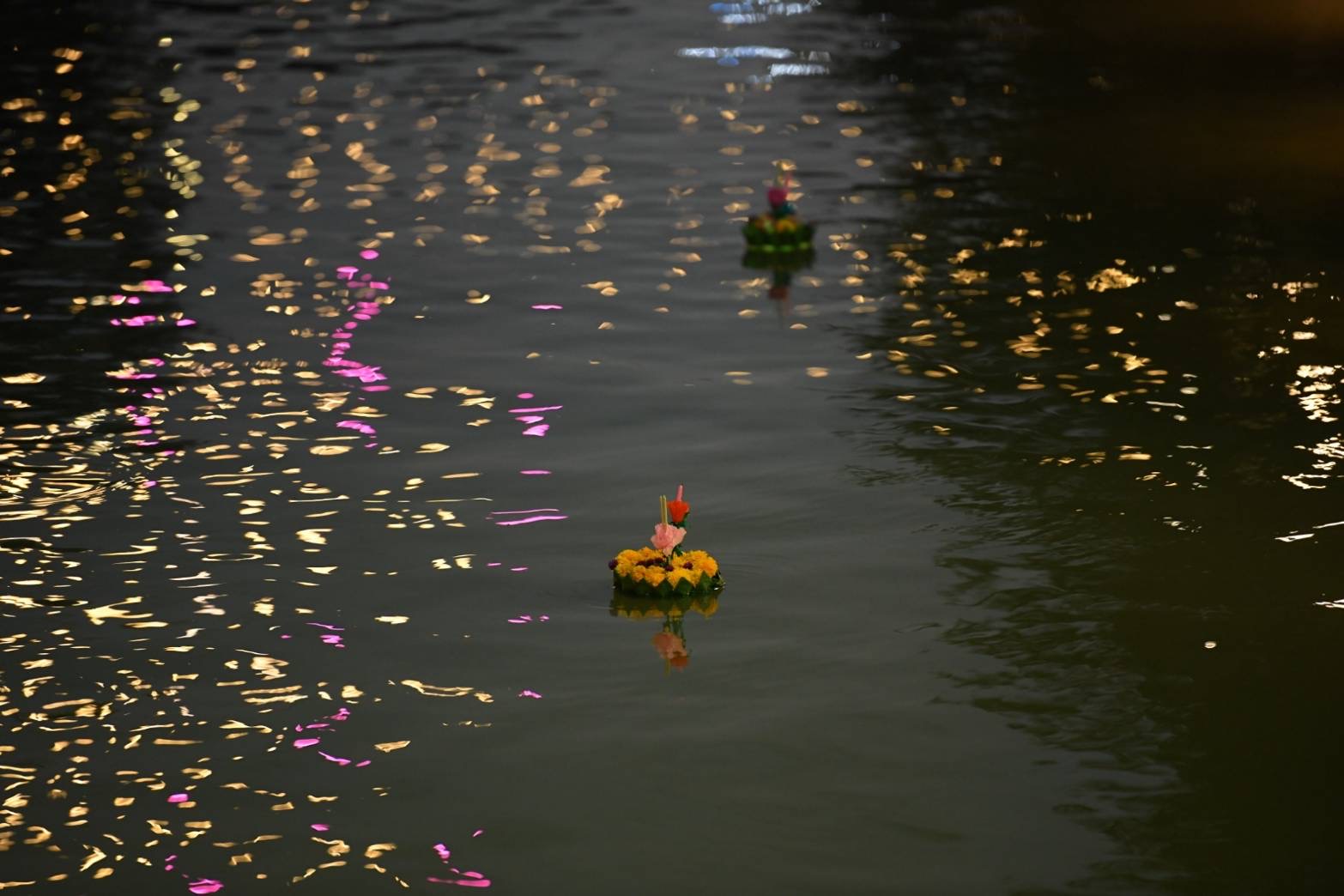
 The district with the most krathong was Chatuchak, where 12,595 were collected, of which 12,240 are degradable. Bang Sue district had the fewest, at only 99. Klong Sam Wa district had the highest number of non-degradable krathong at 470.
The district with the most krathong was Chatuchak, where 12,595 were collected, of which 12,240 are degradable. Bang Sue district had the fewest, at only 99. Klong Sam Wa district had the highest number of non-degradable krathong at 470. The quantity of krathong being floated in waterways in Bangkok has been declining since 2018, with 841,327 in 2018, 502,204 in 2019, 492,537 in 2020 and 403,235 last night.
The quantity of krathong being floated in waterways in Bangkok has been declining since 2018, with 841,327 in 2018, 502,204 in 2019, 492,537 in 2020 and 403,235 last night.
